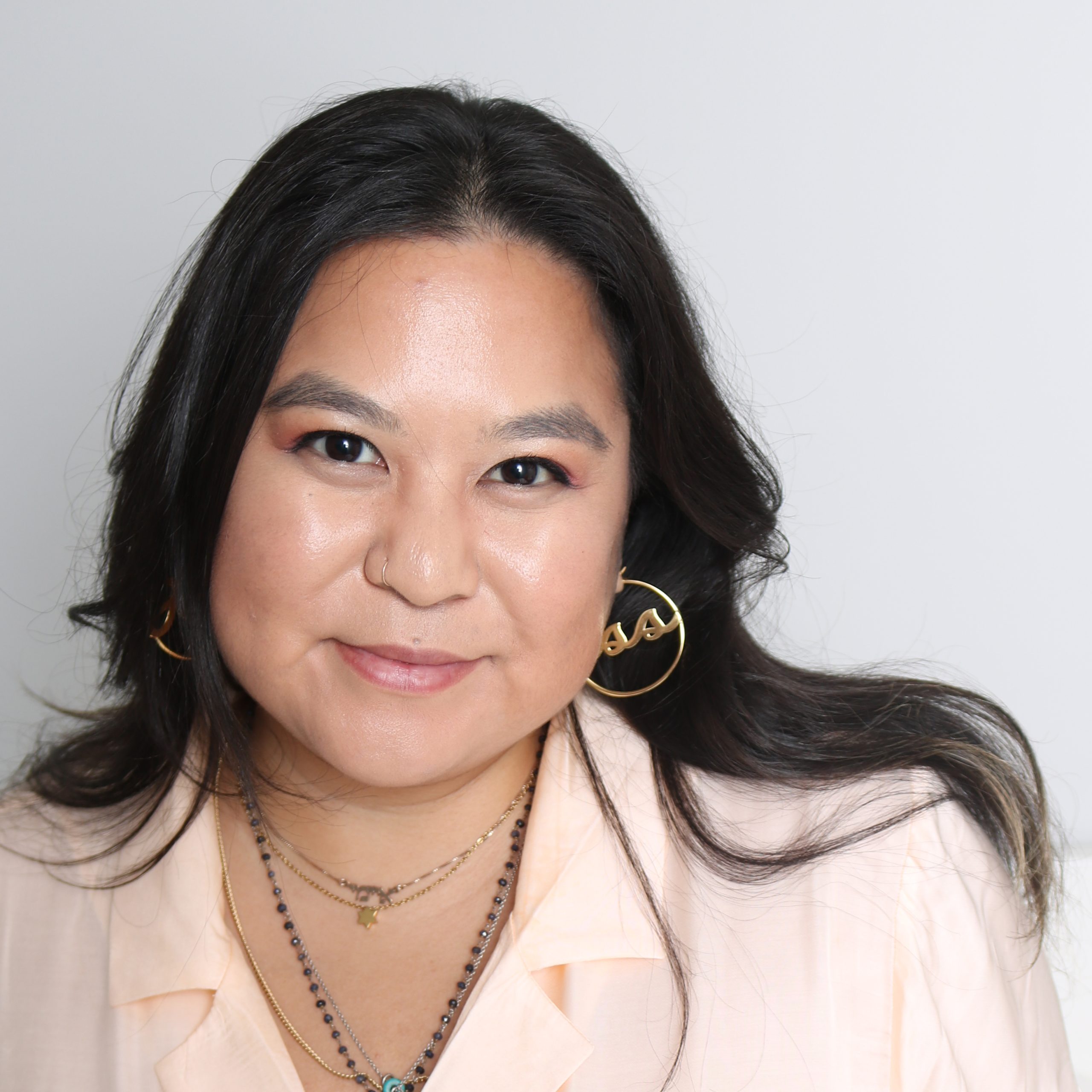For nine months he became James Bond, preparing for one of the biggest covert operations in history. The first Ethiopian Israeli officer in the Israeli air force, Solomon Ezra risked his life hundreds of times, bribing dozens of Ethiopian officials to smuggle thousands of his fellow Jews out of their remote mountain villages, where for centuries they had prayed to return to Jerusalem.
—from The Israelis: Ordinary People in an Extraordinary Land (2003) by Donna Rosenthal
My father is a very reserved person, especially when it comes to his past. He never wanted his children to worry about the hardships he faced in Ethiopia and Israel. So it wasn’t until I was about 10 that I became aware that he was featured in Donna Rosenthal’s book on the various ethnic and religious groups that make up Israeli society.
Rosenthal was a family friend, and I used to skim her book, but somehow I never got to the section about my father and other Ethiopian immigrants. After he told me he was in the book, I read that section and I remember thinking, There’s no way this is my dad. The dude who reads me bedtime stories and pretends to like watching cartoons with me in the morning? I couldn’t comprehend if it was real.
Just as rebel troops were closing in on Addis Ababa, unmarked aircraft supplied by the [Israeli Air Force] and El Al arrived for the exodus. They had only a few hours to rescue Ethiopia’s Jews before the encircling forces would prevent them from leaving. For thirty hours, Solomon and other Ethiopian Israeli officials questioned them and checked lists to confirm their identity. In thirty-six hours, Israelis smuggled 14,324 Ethiopian Jews aboard thirty-three jets…it was history’s largest human airlift, unparalleled in scope and speed.
Before reading about my father’s involvement in the operation that shares his name (Operation Solomon was named for the ancient Israelite king), I only knew the basic outline of his life. Born in the village of Ayba, near Gondar, Ethiopia. The only one of his six siblings to graduate from high school and then go to college. Had a knack for mathematics and engineering. Moved to Oregon, had some kids, and settled down.
In recent years, I’ve started asking him more and more questions, and he’s opened up a bit and shared some of his stories. I’ve gradually gained a greater understanding of what he’s accomplished. And I now have a better grasp of how important and prolific my father is.
During his six years in the air force, Solomon flew F-16 fighter jets on secret missions. He was decorated by President Chaim Herzog in 1984 as one of the IDF’s most outstanding officers.
During the pandemic, I’ve been spending a lot more time with him than I normally would as a college student, and earlier this month I taped a formal interview with him. He got dressed up in a suit and put on cologne, even though the only person in the room with him was me—but that’s who he is. It was an emotional experience for me. Knowing my dad and his big and inviting heart, it was hard to hear how he had been thrown in jail at the age of 15 and had to take turns sleeping with the other prisoners because his cell was unbearably crowded. I wish I could’ve taken his place, but I know he moved to the United States so that would never be a reality for his children.
The experience of interviewing him made me feel a lot closer to him. We spoke for several more minutes after I turned off the camera. I gained a lot of perspective. I know there’s more he hasn’t shared, but for now, what he’s given me is more than enough.
In 1984-85, nearly eight thousand Ethiopian Jews were rescued in a series of airlifts code-named Operation Moses. When news of the secret deal leaked out, the Sudanese government halted the rescue. It was not long before Solomon headed for the Kenyan side of the Ethiopian border. Using phony European student visas and work permits, he smuggled nearly six thousand Jews into Israel from 1986 until 1990.
After his “James Bond” years in Israel, my father worked as an electrical engineer for Intel in Oregon. I was born in Portland, which is one of the whitest cities in the United States. My father and mother both made sure to pass down elements of Ethiopian culture—language, food, music—to me and my siblings. Today, when I meet other Ethiopians in the world, I feel a connection to them. It’s cathartic.
I’m grateful to my father for giving me a tangible piece of my family history. His persistence, tenacity, heart, and intellect will continue to shape how I perceive the world and how I move through it. He will always be a guiding star, and I’m so glad that he’s my “Ababa.”







